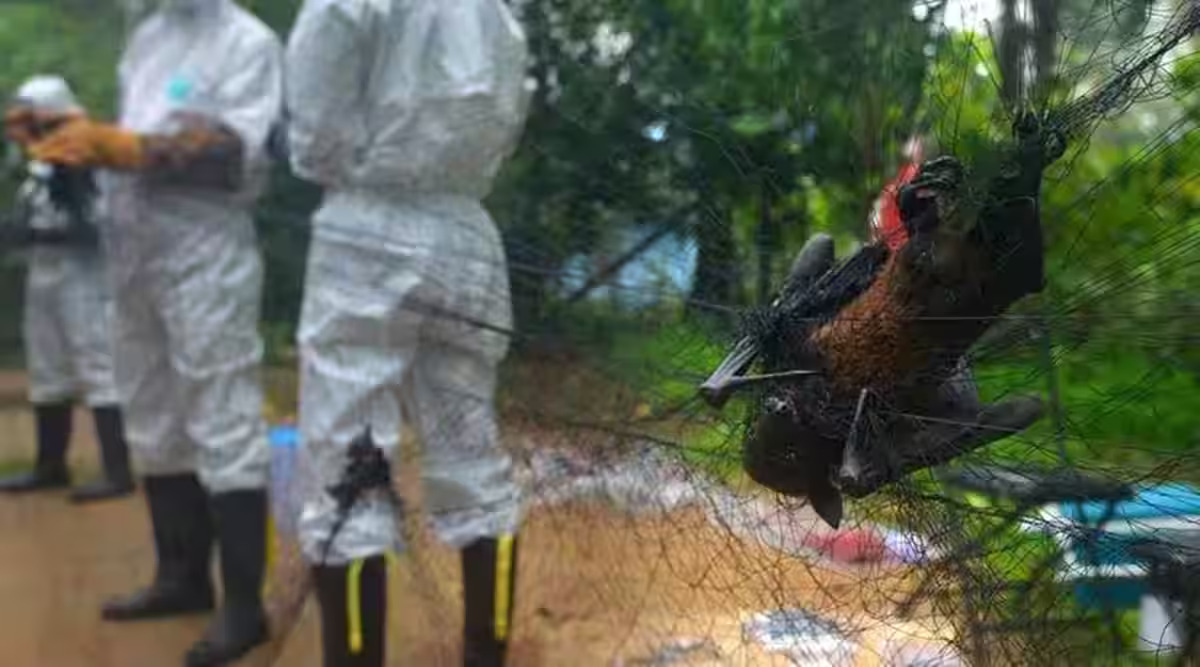ERNAKULAM: With cases of Nipah virus infection rising to five, the medical community and experts in Kerala are grappling with unanswered questions, particularly regarding two index cases, where the source of infection remains unknown.
Index case refers to a situation where infection transmits directly to a person from an animal.
Many medical professionals are speculating whether the current Nipah outbreak exhibits different symptoms, raising concerns about potential genetic changes in the virus affecting the five confirmed cases in Kozhikode and adjacent regions. A comprehensive genomic sequencing is required to investigate these genetic variations.
“Having two index cases of Nipah is statistically highly improbable. It is challenging to believe. There may have been some contact between the two victims,” said Dr KP Aravindan, a pathologist and health activist.
ALSO READ: Over 100 people to be quarantined for Nipah, Kerala under threat
Virologists suggest that alterations in the genetic sequence of the virus can result in either a more potent or milder infection. Commonly observed symptoms of Nipah virus worldwide include headaches, vomiting, joint pain, and sore throat.
In the current outbreak, most patients are primarily suffering from lung-related conditions such as suffocation and congestion, in contrast to 2018 and 2021 when brain-related issues predominated.
“The Nipah-positive patient from Vadakara displayed clear symptoms of pneumonia. However, we cannot determine the intensity of the viral infection solely based on individual symptoms,” explained Dr. AS Anoop Kumar.
Some experts believe that the current spread of the Nipah virus should not be characterized as two separate index cases but rather as a scenario where the infection might have spread from the first victim to the second. They also argue that the current methods of determining the source and transmission of the virus are unscientific and advocate for a more practical approach.
“I personally believe this may not be a case of two separate infections originating directly from animals. There could be an association between the two victims in a hospital setting where the infection could have spread. Furthermore, a detailed assessment of the victim’s background is necessary to identify the root cause,” noted Dr. Rajeev Jayadevan, a prominent Gastroenterologist based in Ernakulam.
Despite established measures to contain outbreaks, the Nipah virus continues to perplex experts in Kerala. While fruit bats in the area are known carriers of the virus, the exact mechanism of transmission to humans remains largely unknown, distinguishing Kerala’s recurring outbreaks from those in Malaysia and Bangladesh, where evidence of animal-human interaction exists.
A central health team from the ICMR has arrived in Kozhikode and engaged in discussions with the district health department and local authorities.
ALSO READ: All you need to know about Nipah Virus
In response to the Nipah outbreak, all educational institutions in the affected district will remain closed on Thursday and Friday. The state health department has reported that 13 individuals with mild symptoms are currently under hospital monitoring, with only a 9-year-old child among the infected cases requiring intensive care.
Monoclonal antibodies, ordered from ICMR, have been used to treat the child, representing the only available anti-viral treatment for Nipah virus infection, though its clinical efficacy has yet to be confirmed.










